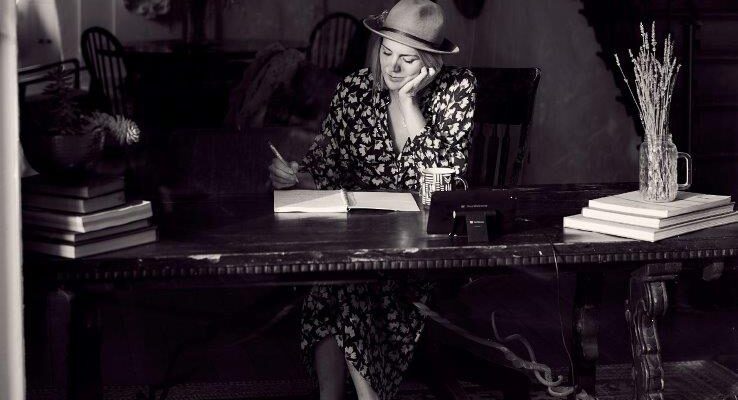Ever since you were a child, you’ve been learning from the world around you. Whether it was the books you read, the movies you watched, the cartoons you paged through, or the neighbourhood you lived in, the person you are today has been universally influenced by what helped you grow up. That can affect everything from the college you study at to the person you marry! Most people have learned to attribute their childhood to the things they enjoy doing today, but what many people don’t realise is that your childhood affects all the little things about yourself too, including the way you think about money.
The impact your childhood has on your core memories of money is known as your money story. Your money story is unique to you; it doesn’t mean the things you were taught as a kid or the money theory you learned in personal finance classes. Your money story is shaped by the atmosphere that money created as you grew up. If you grew up during a recession, the feeling of financial stress is likely a part of your money story. If you struggled putting food on the table, paying rent, or scraping together the utility bills, that is part of your money story too. However, a money story doesn’t just have to be about struggle or pain. If you enjoyed luxury vacations or decked out holiday trips, that’s a valuable part of your money story as well.
Your money story controls a major part of your financial future. Those experiences you absorbed as a child shaped your opinion of and ability to manage money in several different ways. Consider these questions and then compare them in relation to your existing feelings about money:
- How did your family spend money as a child?
- How did your family save money as a child?
- What’s the earliest memory you have related to money?
- Did you feel as if you had more, less, or the same amount of money as your friends?
Identifying your responses to these questions will help you develop a better understanding of your money story. Once you have an idea of what your money story looks like, it’s time to investigate how that money story continues to affect you today.

